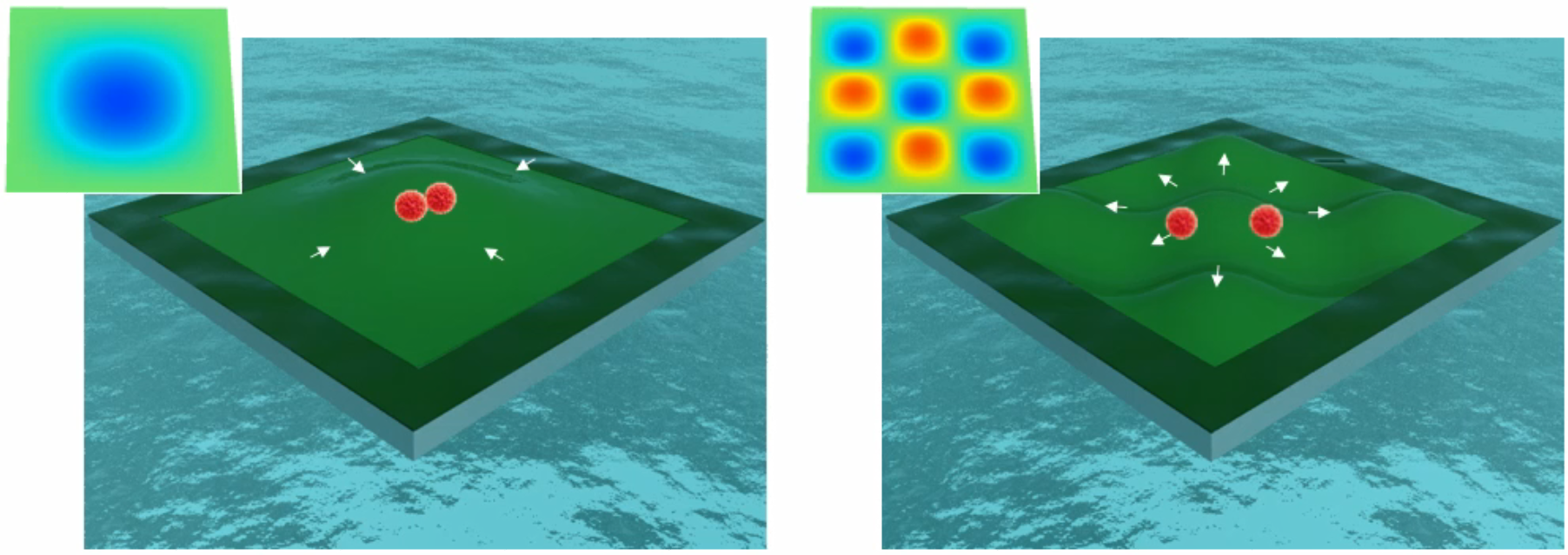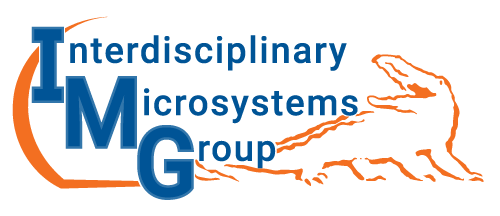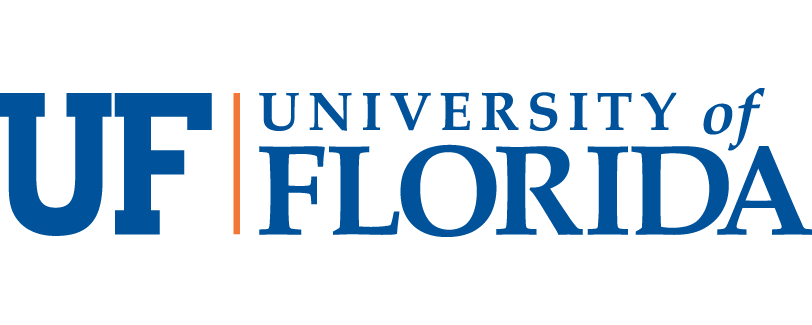The speaker for this week's seminar is the new IMG faulty memmber, Dr. Philip Feng, whose talk is on
Multimode Resonant MEMS in Liquid: from Microscale Chladni Patterns to Cancer Cell Cluster Analysis
Abstract: The ability to manipulate micro/nanoparticles into organized structures on surfaces is important for enabling a variety of functional devices, metasurfaces, and interfaces for sensors, electronic and optical technologies. In biological science and engineering, there is also growing demand for manipulating and patterning cells and molecules, while today’s existing chemical, optical, and electrical approaches often require templates and lithography, and are compromised by adverse physiological effects. In this talk, I will introduce my group’s exploration and development of a dynamic, fast, and non-invasive technique for micro/nanoparticles and cells, by using micromechanical devices vibrating in liquid. Inspired by the classical Chladni figures (pioneered by Ernst Chladni, ‘the father of acoustics’), we first demonstrate genuinely microscale Chladni figures (at sub-100um to sub-10um scale) in liquid, with multimode micromechanical resonators interacting with microparticles in aquatic environment. Integrating theoretical modeling with experimental data, we elucidate the mechanisms for the formation for both standard and inverse micro Chladni figures in liquid. We then exploit these new intriguing phenomena to design and fabricate various devices operating in water and biosolutions, to demonstrate the capability of fast, non-destructive patterning of a variety of nano/microparticles (with diameters from ~10nm to~10um), including metal and oxide nanobeads, and polymer microbeads. Further, we engineer such devices into a technique for fast, non-invasive manipulation of cancer cells and their clusters, in vitro. As we control the formation and partition of cell clusters while measuring the multimode resonators in biosolutions, we gain quantitative information of intercellular adhesion in such clusters, and this technique is leading to a chip-scale platform for analyzing cancer cell clusters and their metastatic potential.


